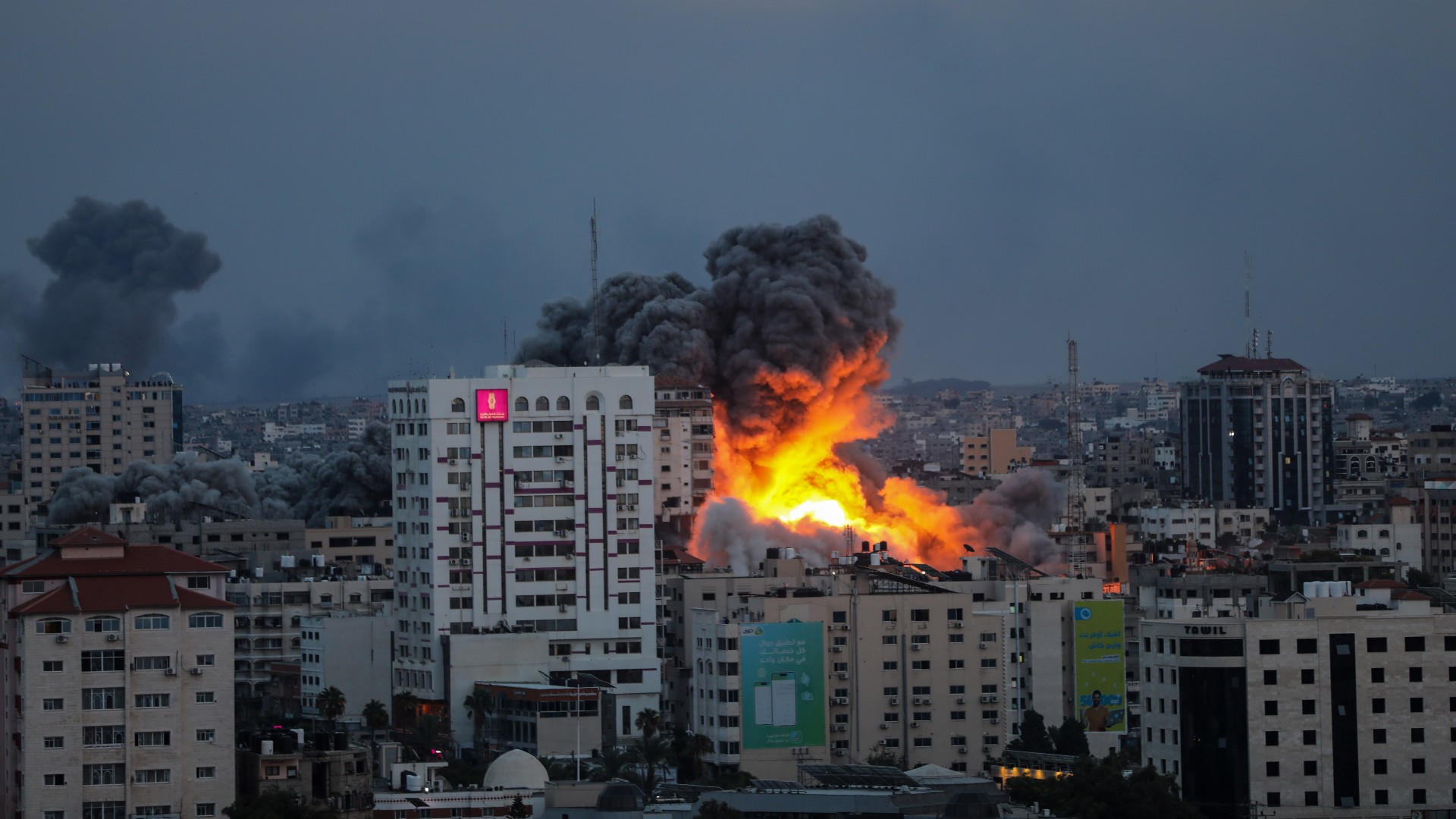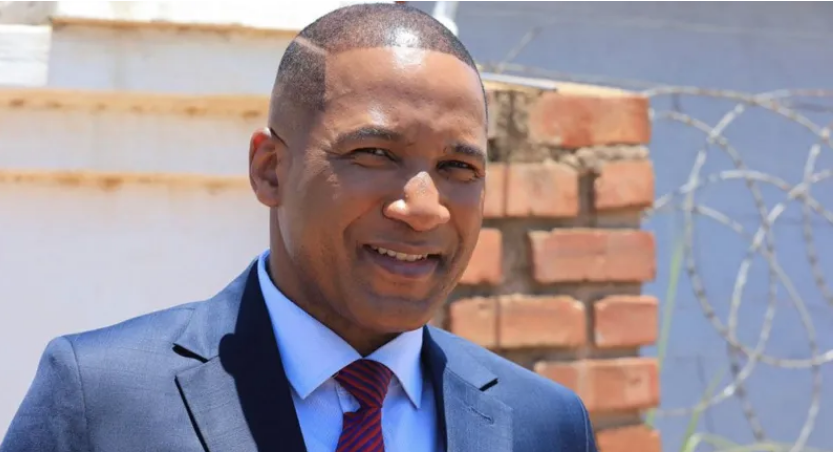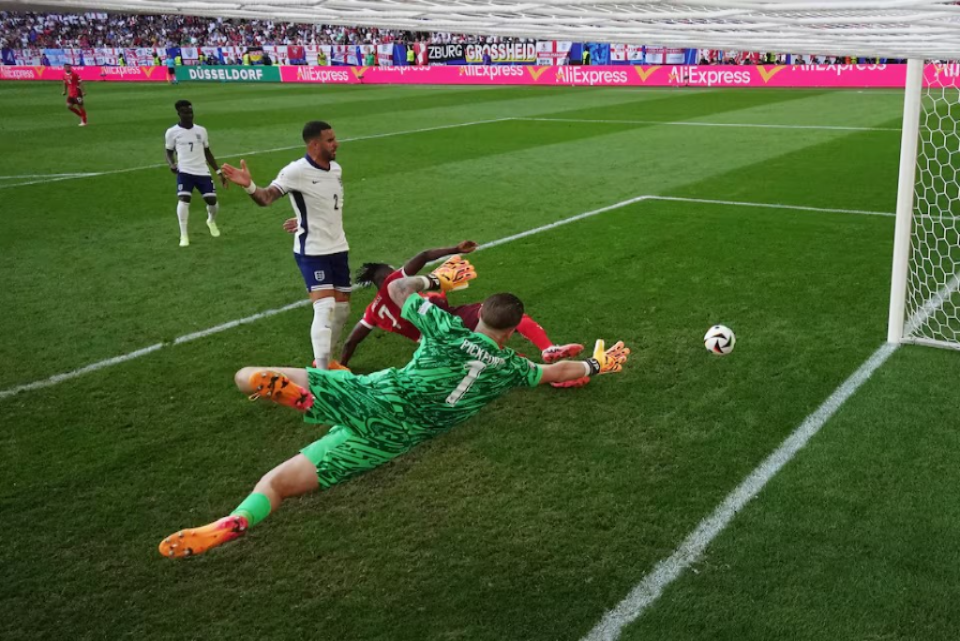When Palestinian fighters began seizing control of Israeli communities on Saturday morning, residents of the besieged Gaza Strip knew that a storm was coming.
Dozens of fighters, mainly belonging to the Hamas movement, crossed from Gaza into towns and kibbutzim in southern Israel, as hundreds of rockets were fired overhead.
In Gaza, meanwhile, thousands of Palestinian families fled their homes to relatively safer areas, in anticipation of Israeli retaliation. Hundreds took refuge in schools run by UNRWA, the United Nations’ agency for Palestinian refugees.
Trending Stories
- Pentagon plans major cuts to US special forces
- Why captured Israelis are so important for Palestinians
“We have fled our home in the Shujaiyya neighbourhood and came here as it would be safer than our home,” Kamal Ubaid, 31, told Middle East Eye as he carried his child along the Tal al-Hawa street in southern Gaza.
“We did not bring anything with us, we did not have enough time to bring clothes or blankets for the children to sleep on. But what’s important is to remain safe until this war is over,” the father of five added.
Stay informed with MEE’s newsletters
Sign up to get the latest alerts, insights and analysis, starting with Turkey Unpacked
Ismail Haniyah, the political leader of Hamas, said that the attack came in retaliation for Israel’s ongoing assaults against Palestinians and violations of Muslim holy sites like occupied East Jerusalem’s Al-Aqsa Mosque.
“We warned them about the ongoing oppressive blockade on Gaza, which has witnessed four or five wars, resulting in tens of thousands of martyrs, casualties, and destroyed homes,” Haniyeh said.
“Gaza is living through this tragedy, in this vast prison, where two million people rely on some aid and limited alleviation [of blockade] to endure the hardships as if they expect our people to accept this bitter reality in silence, while events unfold in Jerusalem and Al-Aqsa.”
Israeli Prime Minister Benjamin Netanyahu, meanwhile, has said Israel is at war.
Buildings levelled
When the Israeli retaliation arrived, bombs rained down on residential areas of the Gaza Strip.
A 14-story residential tower housing dozens of media offices in the middle of Gaza was knocked down by Israeli air strikes.
The building, which comprised at least 100 apartments, was struck by several Israeli fighter jets, reducing it into rubble.
Dozens of other military and residential buildings have been targeted across the Gaza Strip, as part of Israel’s “Operation Iron Sword”.

Targeted buildings included the home of Hamas leader Yahya al-Sinwar, the Charitable Institutions Building in the south of Gaza, and the al-Hashem building in Gaza’s north, which housed a local NGO and 15 housing units.
Around 200 Palestinians and 200 Israelis have been killed in the ongoing fighting and bombing.
Overwhelmed by the large number of casualties, the Gaza health ministry called on local residents to donate blood.
On Saturday evening, Palestinian fighters controlled several areas of southern Israel and were locked in battles with Israeli troops.
Hamas said dozens of Israelis had been kidnapped. The Israeli military acknowledged hostages had been taken.
‘This time it’s different’
Although residents of the Gaza Strip have experienced multiple Israeli attacks since the beginning of the blockade in 2007, many believe “this time it’s different”.
Dina Basel, a resident of western Gaza City, said she fled her home once she heard that Palestinian armed factions launched rockets towards Israel.
“I did not wait until the Israeli attack began, I knew it would take a few hours until the strip would be devastated by hundreds of air strikes. We have experienced this before, but this time we expect it to be more violent,” the mother of two girls told MEE.
“In normal times, when Israel initiates the attacks, thousands are killed and injured. This time, when we [Palestinians] launched it, the impact could be tenfold more devastating.”
According to the Norwegian Refugee Council, as of February nearly 2,000 homes were already left in ruins from previous Israeli attacks over the past decade.
As a result of the damage caused by Israeli attacks carried out in 2021 and 2022 alone, at least 100 families in Gaza remain displaced.
Israel has been maintaining a tight air, land and sea blockade on the Gaza Strip since 2007, following the victory of Hamas movement in the legislative elections.
Since the imposition of the blockade, Israel has launched four major military attacks that devastated the strip’s infrastructure and killed hundreds.









